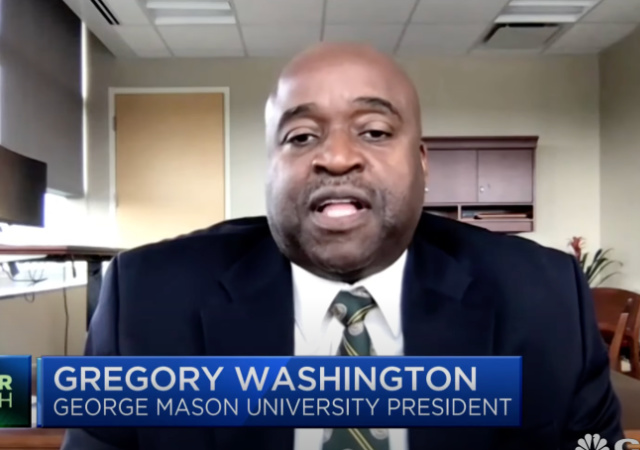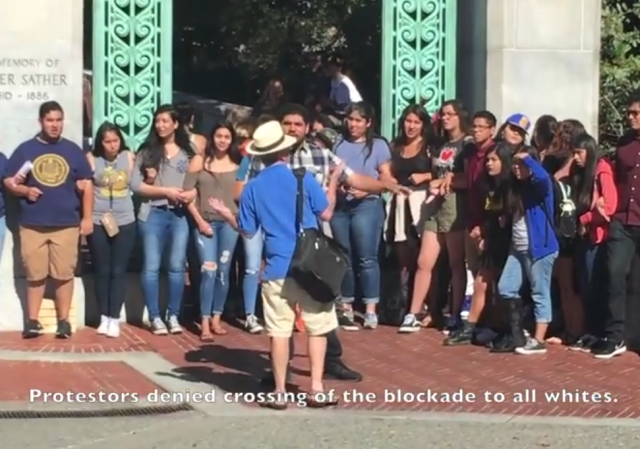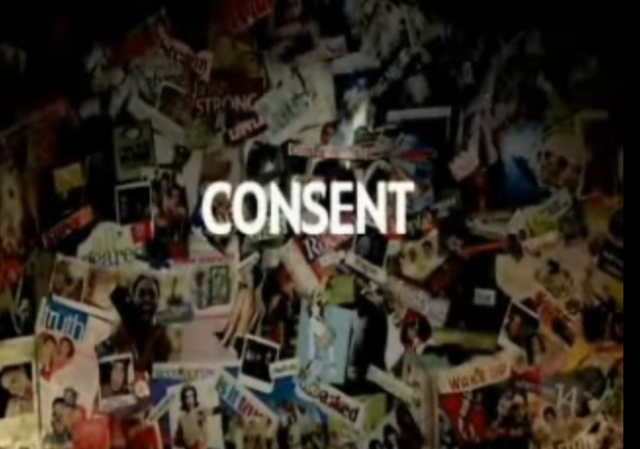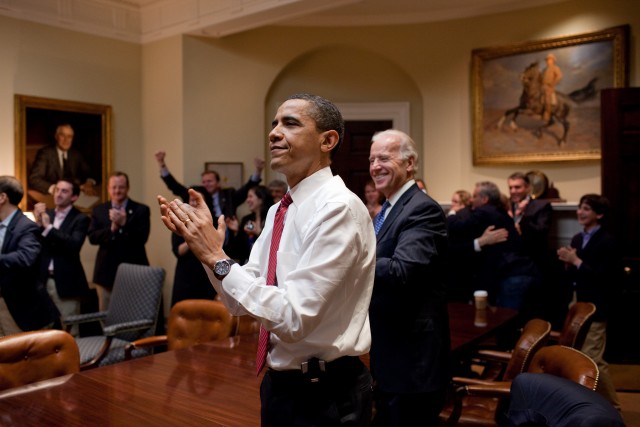How does classifying most consensual sex as rape help rape victims?
As a lawyer who has handled rape and sexual harassment cases, I can't imagine how. But this radical result is what some want to happen in California.
In endorsing a bill in the California legislature that would require "affirmative consent" before sex can occur on campus, the editorial boards of the Sacramento and
Fresno Bee and the
Daily Californian advocated that sex be treated as "sexual assault" unless the participants discuss it "out loud" before sex, and “demonstrate they obtained verbal 'affirmative consent' before engaging in sexual activity."
Never mind that consent to most sex is non-verbal, and that rape has historically been understood to be an act against someone's will, rather than simply a non-violent act that they did not consent to in advance. Perhaps in response to the bill, the University of California, on February 25, adopted a
policy requiring affirmative consent not just to sex, but to every form of "physical sexual activity" engaged in.
The affirmative-consent bill,
Senate Bill 967, does not expressly require
verbal permission to demonstrate consent, although it warns that "relying solely on nonverbal communication can lead to misunderstanding."
But supporters of the bill are very clear about their desire to require verbal discussion or haggling prior to sex.
The Fresno Bee
praised the bill because “it adopts in campus disciplinary cases the 'affirmative consent standard,' which means that 'yes' only means 'yes' if it is said out loud." The Daily Californian
declared that “the proposal’s requirement that defendants in a sexual assault case demonstrate they obtained verbal 'affirmative consent' before engaging in sexual activity makes SB 967 a step in the right direction."












